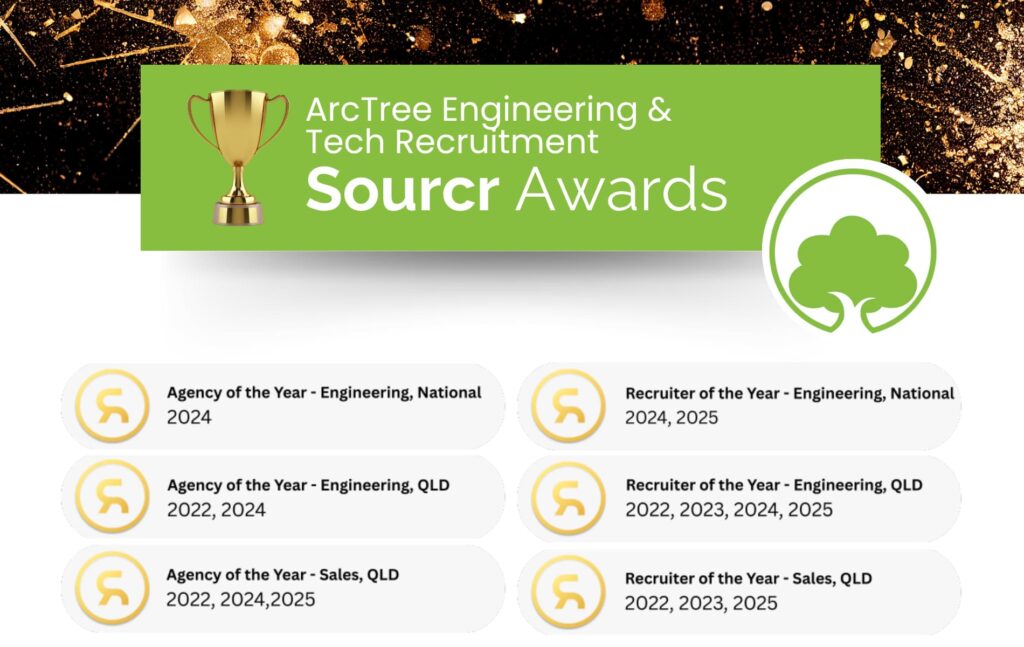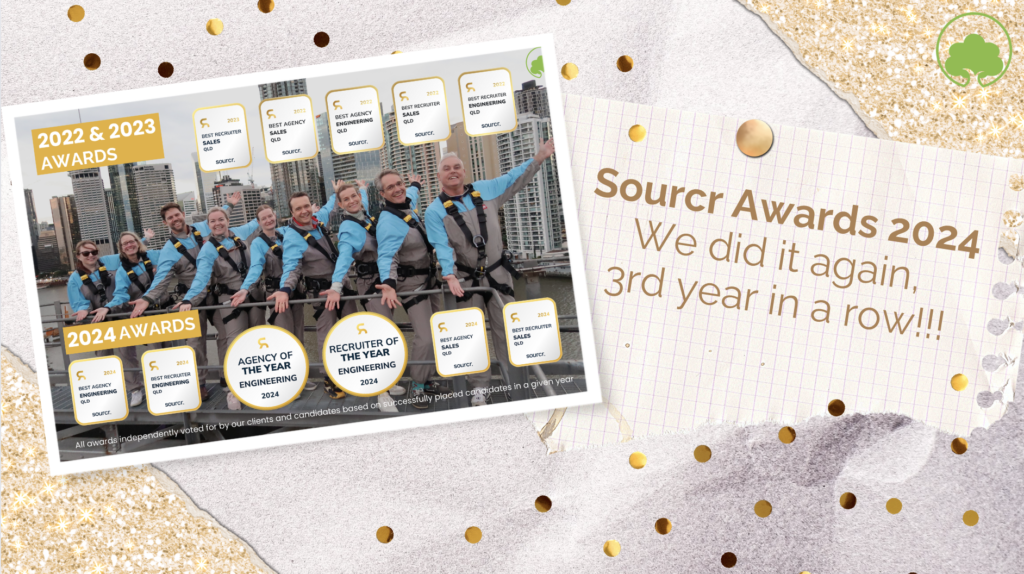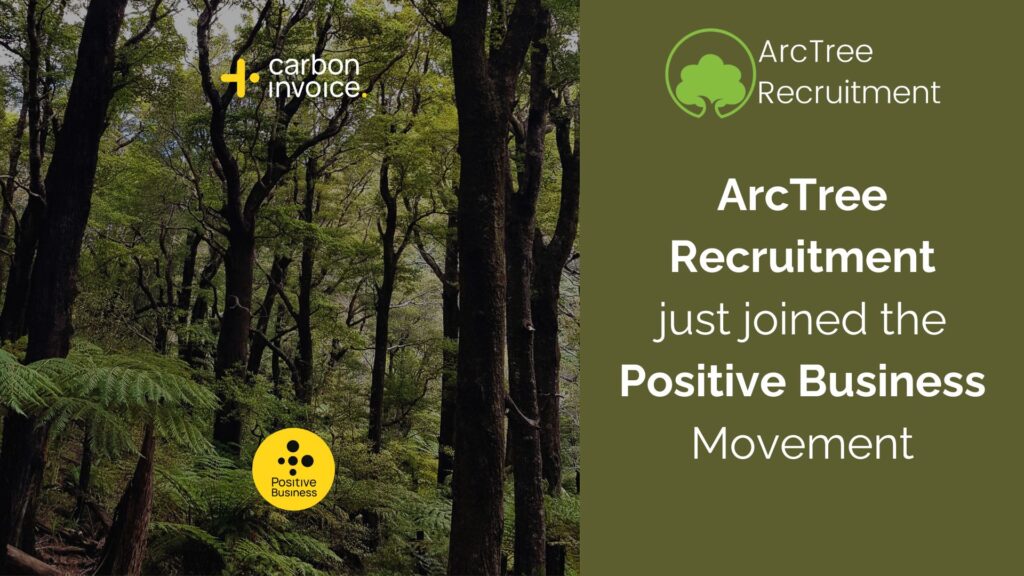Here’s what usually happens when we’re hiring salespeople.
- We check their resume, looking for a strong background in sales. Ideally, they’ll have worked with some big names, closed some big deals, and exceeded their targets.
- We bring the most promising ones in for an interview and ask them a series of questions, such as:
What was the most difficult sale you ever closed and how did you do it?
How do you uncover and address the prospect’s needs before walking in to a meeting?
Tell me about a time when a prospect was considering going with a competitor. How did you persuade them to go with your products instead?
- If they perform well, we might bring them back for another interview with some further questions, and possibly ask them to present a sales pitch.
- We check their references.
- We offer them the job.
Sounds pretty normal, right? It’s the standard approach most people use when they’re hiring salespeople. And people have been doing it for ages. So, it must be working.
Except that… in 70% of cases, we hire salespeople who underperform and don’t deliver the results we need.
This could happen in many different ways, including:
- Not achieving budgets
- Not following the process properly
- Having trouble prospecting and closing deals
- Making excuses
- Taking too long to ramp up
- Not delivering ROI.
This is exactly the situation my client – the General Manager of a leading national manufacturer and supplier of engineered capital equipment – was in last week when I met him for the first time.
They wanted to expand significantly over the next few years, but the problem was that their salespeople weren’t delivering the results they needed.
When I spoke to him, they were interviewing two promising salespeople, and were considering hiring both of them.
The critical importance of objective evaluations
While my client thought that their two prospective salespeople looked good, he was concerned that their hiring process wasn’t delivering the people they needed.
I offered to do a complimentary evaluation for the two potential hires, so he could get a more objective, scientific and accurate picture of their real behaviours and skills: the kinds of things most employers don’t find out about until it’s too late.
I also sat in on the interviews with both people, so I could observe the kinds of questions their hiring managers were asking.
Here’s what we learned from this process:
- According to each candidate’s evaluation, they were both lacking in critical sales skills, such as the ability to prospect and build a strong pipeline, build rapport, uncovering client needs, presenting valuable solutions, closing the deal – or even asking for the business. They were also ill-equipped to deal with stressful and non-controllable situations such as sales meetings!
- When we replaced ‘leading’ interview questions (i.e. superficial questions that almost told the candidate the kind of answer we required) that hiring managers were previously using with structured, tailored questions based on each candidate’s objective profile, we discovered that both candidates were ill-prepared to overcome most of the challenges they were likely to face on the job.
Getting a small part of the picture is costing you
My client told me that, if we hadn’t evaluated these candidates or refined the interview process, they would have continued on in the same never-ending, incredibly expensive pattern they’d grown used to.
Instead of taking the time and – when you think of the consequences – small cost of skimming below the surface: the resume, past experience, interview performance, and objectively assessing each person’s abilities, they would have continued as normal. Expansion and growth would not have been possible had they stayed on this path.
I love the iceberg metaphor when thinking about people: you only ever see the top 10% before you hire someone, and the rest is buried beneath the surface, only to appear once you’ve gone to the expense of bringing someone on board, training them and all of the associated costs.

But scientifically validated, accurate and scientific assessments will give you all of this information right at the start. You never need to hire an underperforming salesperson again.
The outcome: better candidates, better people
The client didn’t hire either candidate. He realised that doing so would just keep the cycle going and never help them grow. In his words:
I can’t believe how the change in questioning approach and having the psychometric information to hand uncovered the glaringly obvious so quickly…I am grateful to Alan as this has saved us a lot of time, money and recruiting the same profile again and again. Without this I would definitely have hired one or both of these candidates!
He’s gone back to the drawing board, with a much more robust, scientific and results-driven recruitment process that will help him find the right kind of people to expand their business.
He’s also implemented this approach as standard for all recruitment across the business. HR is refining the way they advertise and recruit for roles, and incorporating the screening approach to make sure they can accurately identify the desired traits before investing in new hires.
And finally, they’re conducting evaluations across the rest of the business. Once he saw the power of evaluating candidates scientifically and against specific role criteria, he saw the value of doing the same thing as a development exercise for his current team. Stay tuned as I’m sure I’ll have some interesting case studies to share once we complete that exercise as well.
The bottom line
It’s really simple: if you want to improve the calibre of the people you hire, you must look beyond the surface.
You need to evaluate their abilities and traits objectively and scientifically, and then tailor interviews to make sure you’re asking the right questions that will uncover the information you need to make a financially sound recruitment decision.











